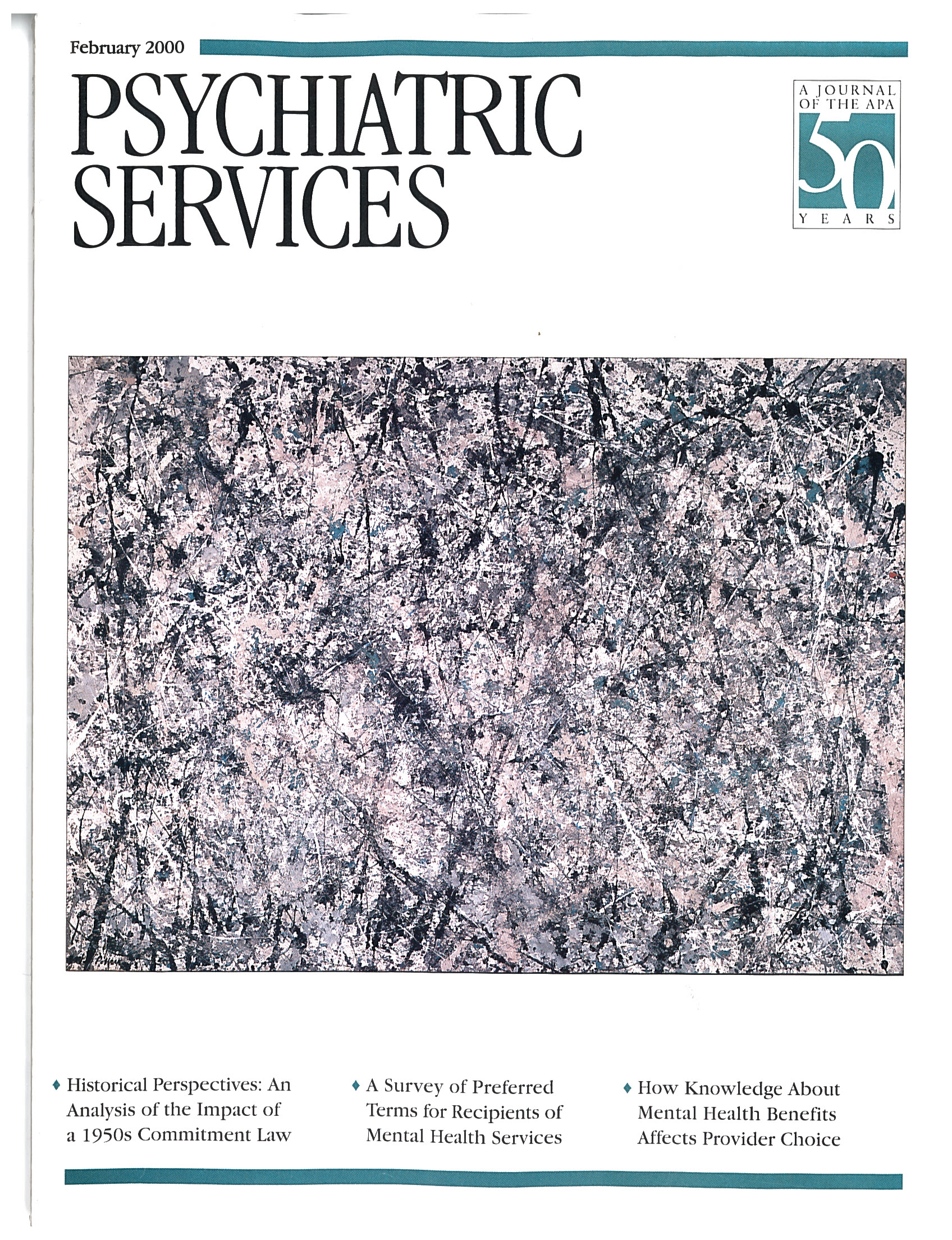Healing the Healer: The Addicted Physician
There is much to commend in Healing the Healer: The Addicted Physician. The authors have extensive experience in managing recovery programs for addicted physicians. However, it is necessary to alert readers to the dismissive attitude toward the psychiatric profession and the odd, virtually phobic handling of the concept of psychopathology found in these pages.
The authors condemn the psychiatric literature for treating substance dependence "as a symptom of an underlying psychopathology," although this view is no longer held. To develop this idea demonstrates confusion between etiology and phenomenology. Psychopathology can have a variety of etiologies. In a section addressing "addictive personality," the authors assert that "these personalities are not an indication of some underlying psychopathology, but are part of the process of the disease of chemical dependency. These personalities are variable and tend toward problems with anxiety, impulsiveness, and poor self-esteem." Anxiety is defined as "heightened sensitivity to the addict's environment." In a section on risk factors, "stress diathesis" and "narcissism and other character deficits" are cited as part of the addictive process.
A detailed rebuttal is beyond the scope of this review. Assuming that all the psychological phenomena mentioned have as their etiology the addictive process, as the authors posit, phenomenonologically they are still psychopathology. Ignoring the management of the addictive disorder while pursuing a psychotherapeutic or psychopharmacologic approach, or both, has led to poor outcomes. Managing the addictive disorder and ignoring psychotherapeutic or psychopharmacological approaches is no wiser a course.
Understandably, the authors believe that psychiatrists have sometimes failed to help addicted people, as this population has not always been served well by physicians in general, not just by psychiatrists. However, when addiction psychiatry, especially in the context of assessing and treating dual diagnosis patients, is not mentioned, the omission is jarring. The claim that the American Society of Addiction Medicine (ASAM) is an "arm" of the American Medical Association (AMA) leads the reader to conclude that ASAM developed from within AMA and functions as its agent, which is misleading. ASAM developed independently and became associated with AMA.
In the remainder of the book, the authors present a comprehensive approach to the identification and management of the addicted physician. Topics covered include interventions to move the resistant physician-addict into treatment, the reasons for relapse and ways to avoid it, and the difficulties of the medical marriage and recovery from chemical dependency, as well as the particular problems faced by women physicians.
Healing the Healer will be useful to both experienced and inexperienced clinicians working with addicted physicians. However, in the areas of emotional conflict and dual diagnosis, the reader must look elsewhere.
Dr. Giannasio is in private practice specializing in addiction psychiatry and psychoanalysis in Elkins Park, Pennsylvania.



